The Unsung Heroes of Modern Life: Metal Recycling and Its Magnificent Impact on Sustainability
Metal recycling is a vital component of modern sustainability efforts, and DWL Metal Recycling is at the forefront of this greener future. In this comprehensive guide, we'll delve into the multifaceted world of metal recycling, revealing why it is critical to our environment, our economy, and how DWL Metal Recycling has established itself as an industry leader in the UK.
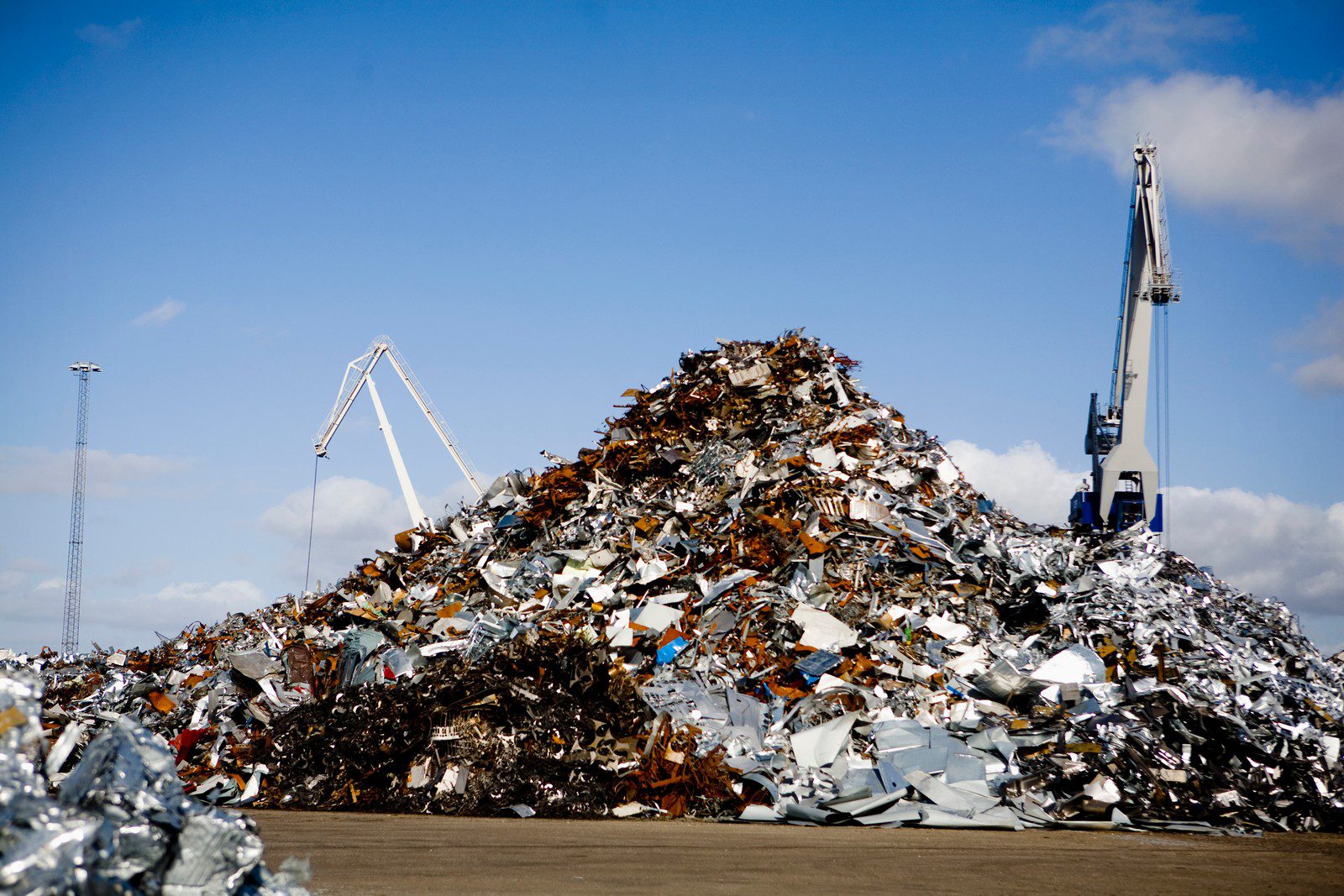

Understanding the Importance of Metal Recycling
Conservation of Natural Resources The earth's bounty is not infinite. Extracting new metals from the ground is an energy-intensive process that depletes our planet’s resources. By recycling metals, we give these materials new life, reducing the need for virgin ore mining and preserving our natural landscapes.
Energy Efficiency & Emission Reduction Recycling metals consumes significantly less energy than producing them anew. It’s a powerful way to cut down carbon emissions, a critical step towards achieving our climate change targets. For instance, recycling aluminium saves up to 95% of the energy required to create it from raw materials.
Economic Benefits In addition to environmental advantages, metal recycling is a boon for the economy. It nurtures industries, creates jobs, and fuels innovation in the sustainability sector, turning waste into wealth and driving economic growth.
Waste Reduction & Landfill Diversion Metal recycling greatly diminishes the volume of waste sent to landfills. By recycling steel, aluminium, copper, and other metals, we reduce the environmental harm associated with waste disposal, including groundwater pollution and land consumption.
Meet DWL Metal Recycling: Your Partner in Sustainability
As a premier metal recycling company in the UK, DWL Metal Recycling shines for its commitment to eco-friendliness, state-of-the-art processes, and exceptional customer service. Here’s what sets DWL apart in the metal recycling industry:
Expertise and Innovation With a wealth of experience, DWL harnesses the latest recycling technologies and refined processes to handle metal waste responsibly and effectively, ensuring maximum material recovery.
Range of Acceptable Materials DWL takes in a broad spectrum of metal waste, from household appliances to industrial scrap. By providing a one-stop solution for various recycling needs, they make sustainability accessible to all.
Transparency and Compliance Adhering to stringent environmental regulations, DWL champions transparency in its operations. Clients can rest easy, knowing their metal waste is treated in compliance with all relevant laws, guaranteeing an ethical recycling process.
Local Service with Global Benefits Rooted firmly in the local community, DWL supports local economies while contributing to global sustainability goals, perfectly amalgamating local engagement with an international impact.
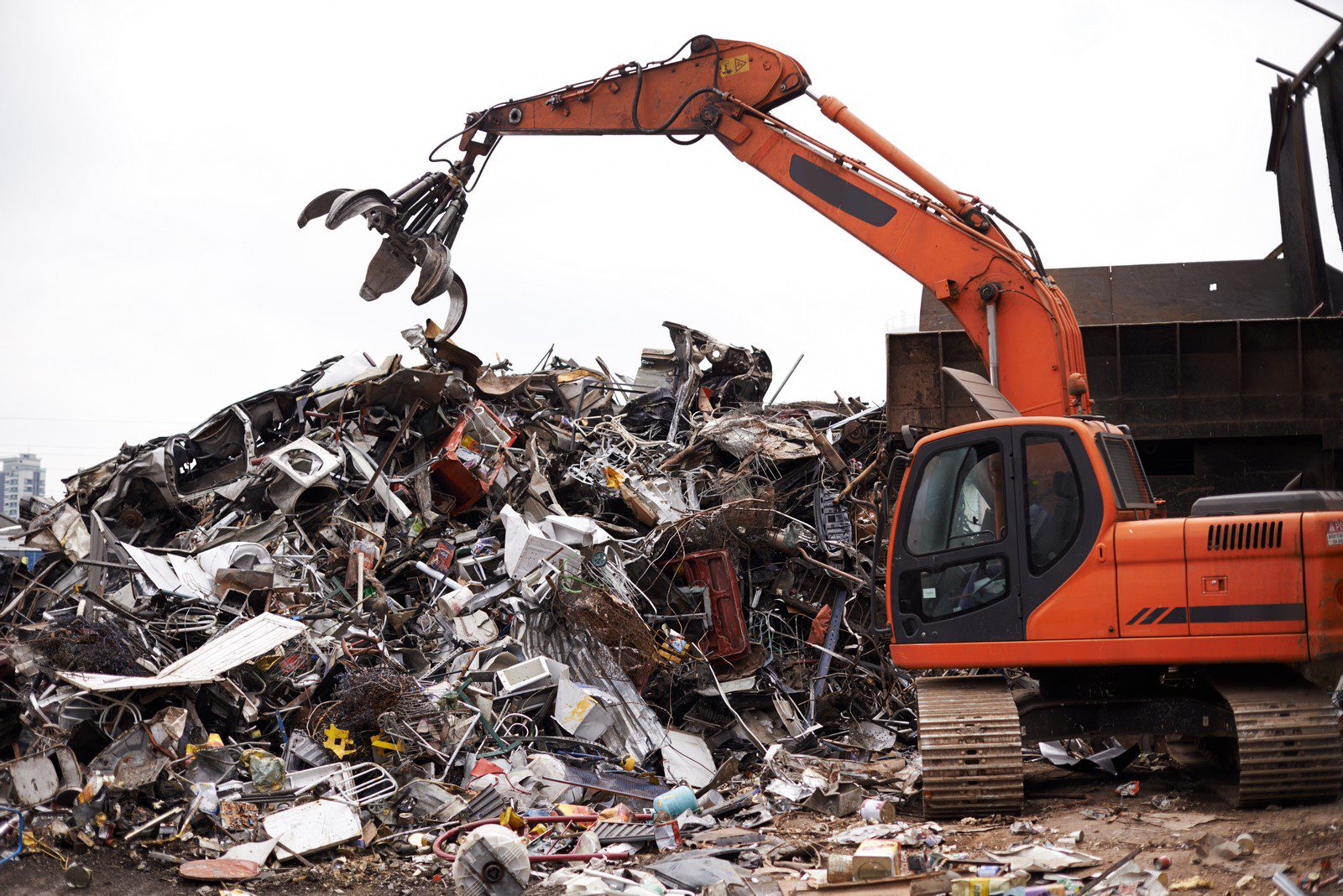

How Metal Recycling Works: A Glimpse Behind the Scenes
Ever wondered what happens to your scrap metal after it's collected? Let's take a peek into the recycling process that transforms old metal into new treasures:
- Collection and Transportation Metal waste is gathered from various sources, including businesses, construction sites, and households, and transported to DWL’s recycling facilities.
2. Sorting and Processing At the facility, metals are sorted using a combination of manual and automated systems. They're then processed, which may include shredding or shearing, to prepare them for melting.
- Melting and Purification Scrap metals are melted in large furnaces, a process tailored to the specific type of metal. Any impurities are removed, and the clean molten metal is cast into new shapes.
4. Fabrication These newly formed metals are then ready to be used by manufacturers to create a plethora of products, contributing to a sustainable loop of metal use and reuse.
What Can You Recycle with DWL Metal Recycling?
The breadth of recyclable metal items is staggering, and DWL accepts a variety of metal goods. Everything from everyday objects to sizeable industrial components can find a new lease on life through recycling:
- Aluminium: Beverage cans, foil, and kitchen utensils.
- Steel: Construction beams, automotive parts, and appliances.
- Copper: Wiring, plumbing tubes, and electrical components.
- Brass: Door handles, ornaments, and musical instruments.
The Power of Your Contribution: Why Every Bit Matters
Every individual's effort in recycling metals is a building block in the larger structure of sustainability. By choosing to recycle with DWL, you contribute to conserving energy, reducing greenhouse petrol emissions, and supporting the circular economy. It’s an act that might seem small but resonates with global significance.
From Scrap to Splendour: Real-Life Success Stories
DWL’s commitment to high-quality service and environmental stewardship has resulted in numerous success stories. From aiding local businesses in managing their metal waste to contributing to sizeable construction projects with recycled materials, DWL's impact is palpable across various scenarios.
Frequently Asked Questions: All You Need to Know About Metal Recycling with DWL
Q: What kinds of metals can I recycle with DWL? A: DWL accepts a wide range of metals, including ferrous and non-ferrous materials. Don’t hesitate to get in touch for more specific information about what can be recycled.
Q: How is the value of my scrap metal determined? A: The value is based on current market prices, the purity and quantity of your metal, and other factors. DWL ensures a fair assessment and competitive rates for your scrap metal.
Q: Can DWL handle large-scale industrial metal waste? A: Absolutely! With robust facilities and experienced staff, DWL is well-equipped to manage substantial amounts of industrial scrap metal.
Q: What environmental certifications does DWL hold? A: DWL prides itself on its compliance with environmental regulations and certifications, reflecting its dedication to sustainable practices.
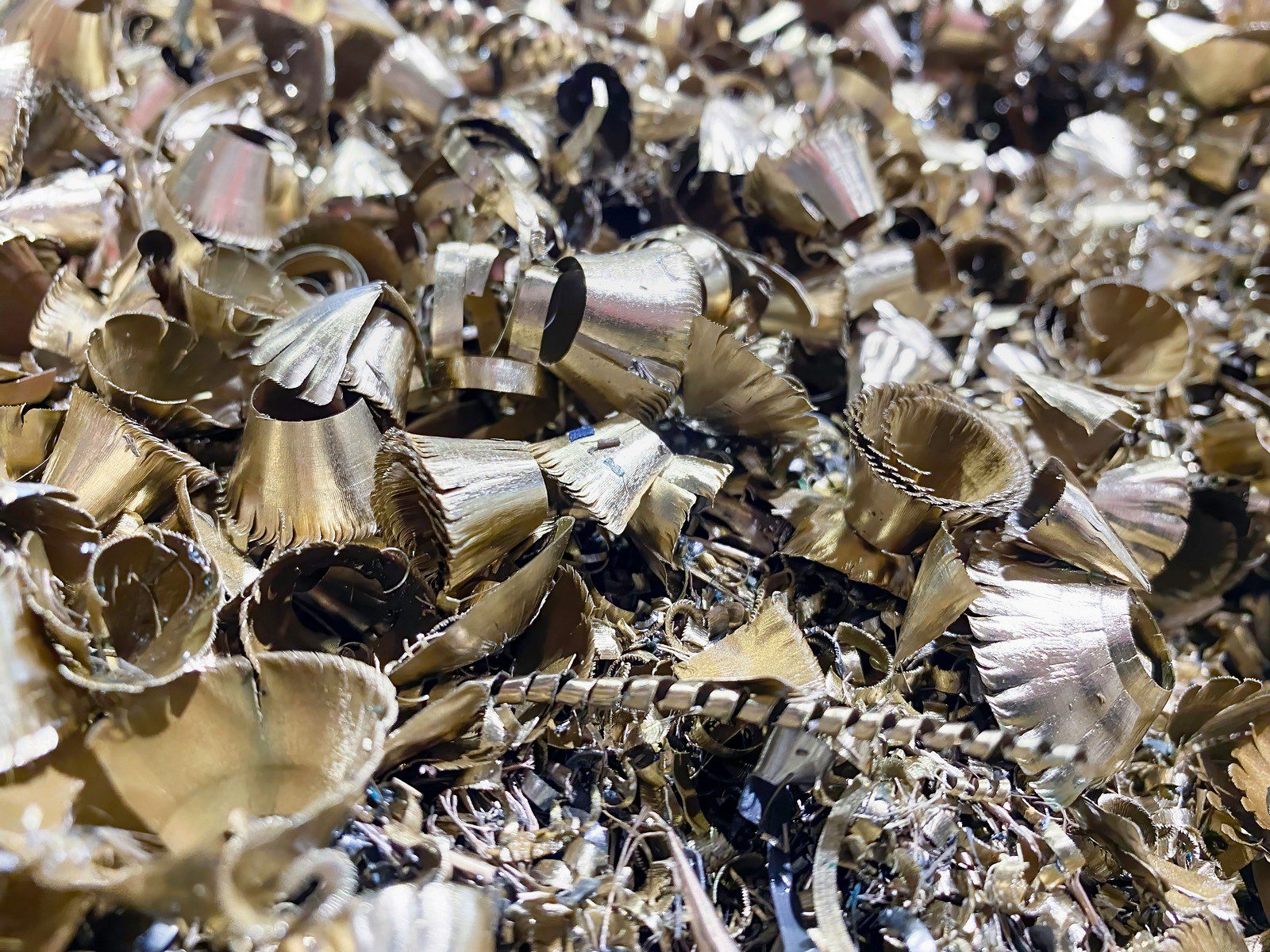

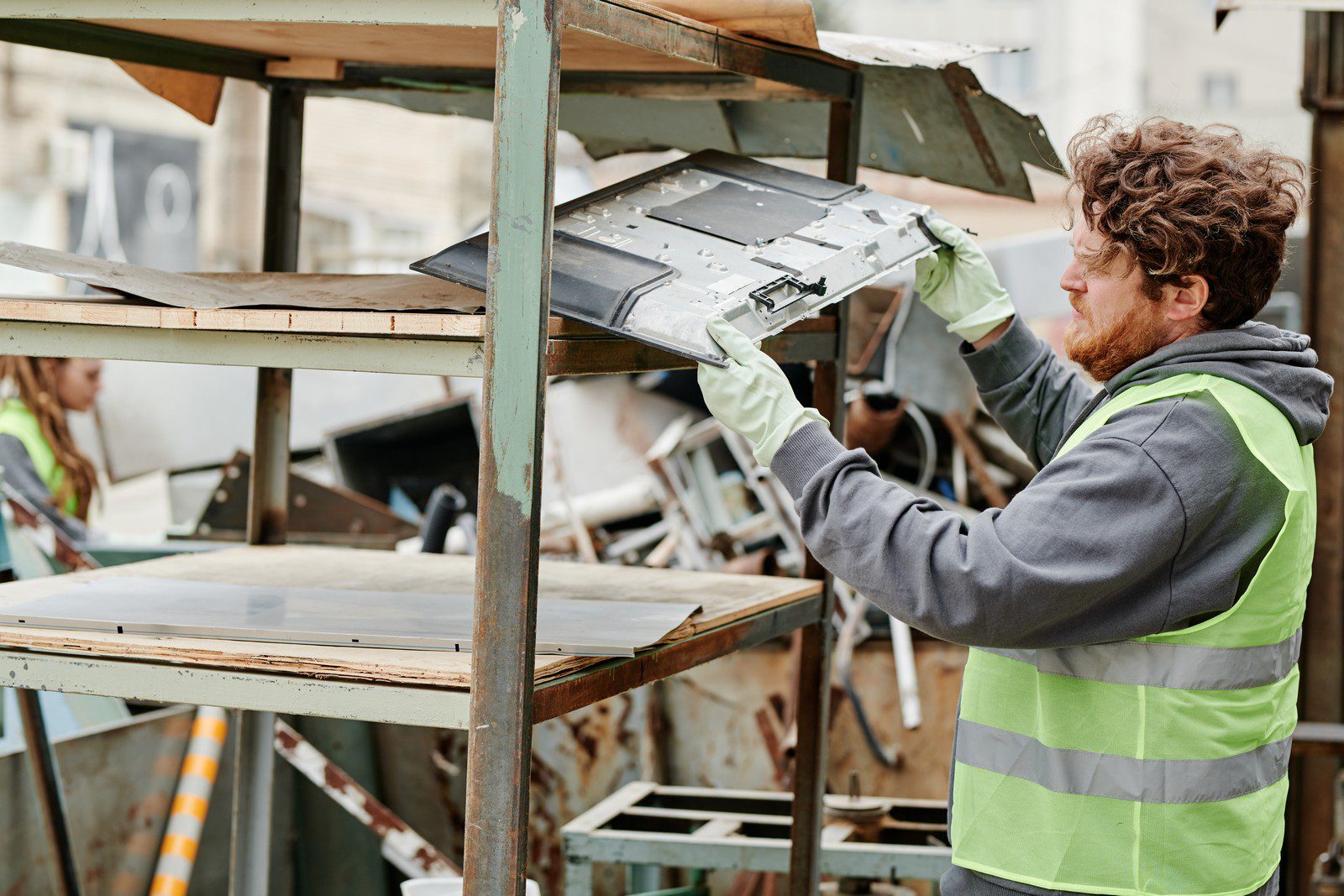



Conclusion: Joining Hands with DWL for a Sustainable Tomorrow
In conclusion, metal recycling is an unsung hero in the quest for a greener planet. With companies like DWL Metal Recycling pioneering the way, we have the tools and expertise to make a substantial impact. DWL invites you to be a part of this sustainability journey, where every recycled metal piece is a step towards a brighter, cleaner future.
If your heart is set on contributing to environmental sustainability and you're looking for a reliable partner, consider DWL Metal Recycling. From conscientious households to forward-thinking businesses, together we can cultivate a more sustainable world for generations to come. Contact DWL today and make the eco-friendly choice that makes a true difference.
We're Here to Help! Get in Touch with us Today
Read Some of our Other Blogs
- The Importance of Responsible Metal Recycling: Unlocking a Sustainable Future
- The Secret Ingredient to Going Green: Metal Recycling with DWL
- The Vital Role of Metal Recycling in Building a Sustainable Future
- The Importance of Responsible Metal Recycling for a Sustainable Future: A Guide by DWL Metal Recycling


